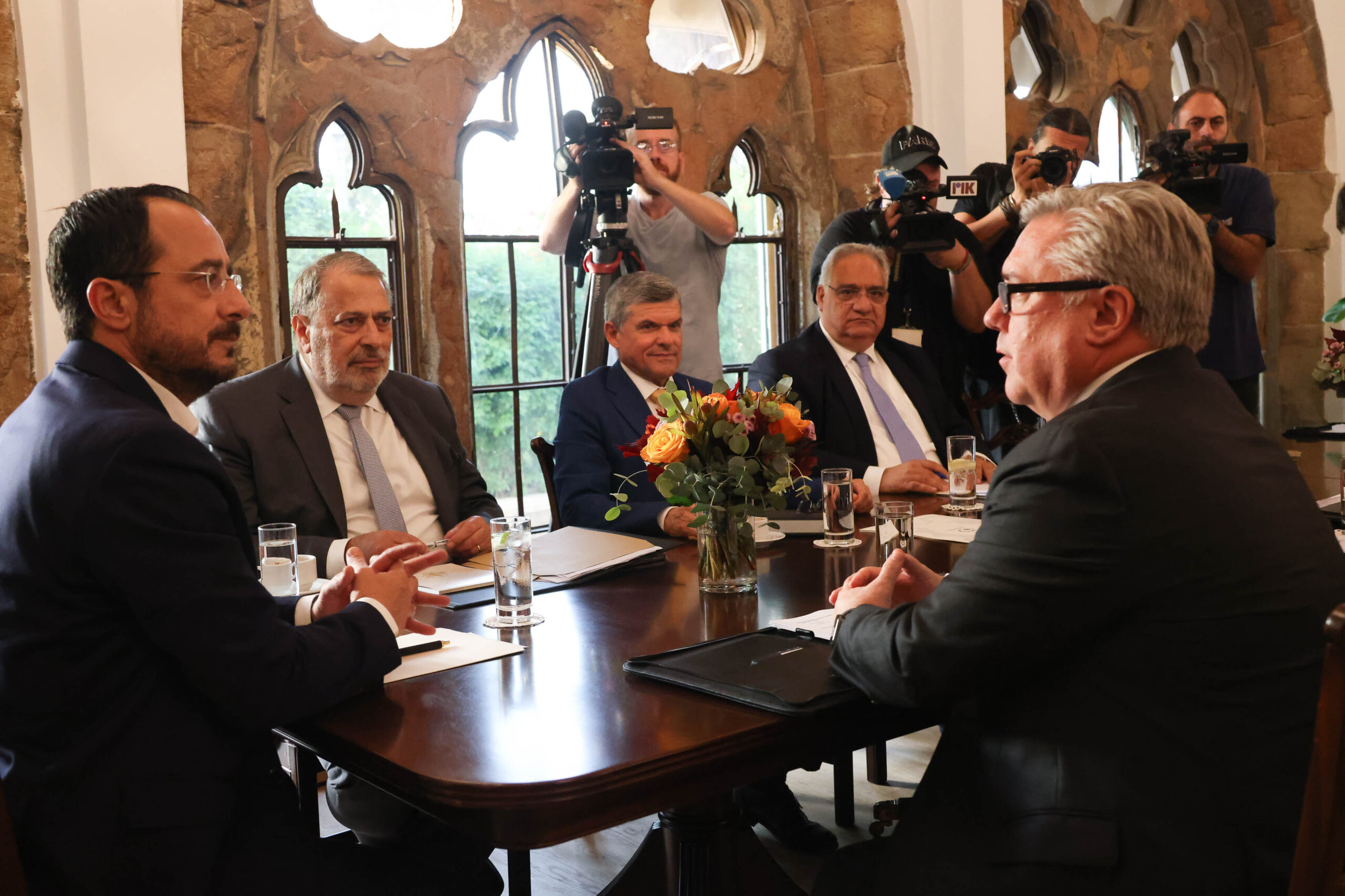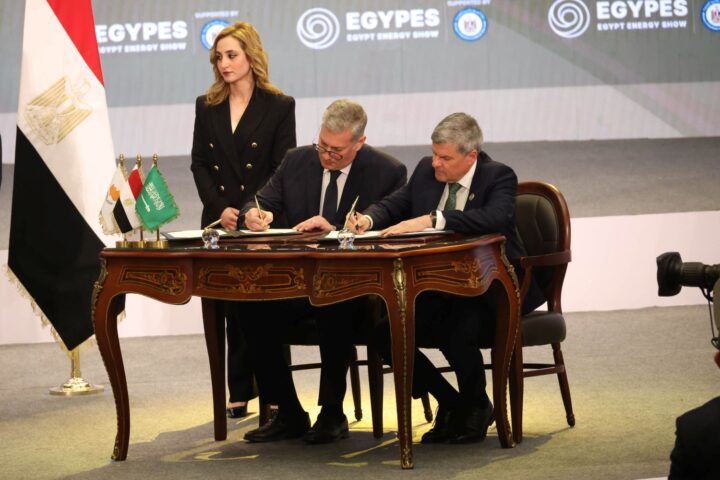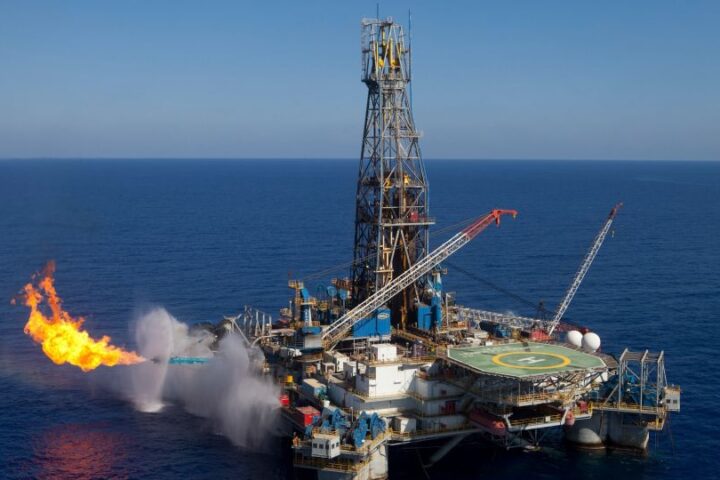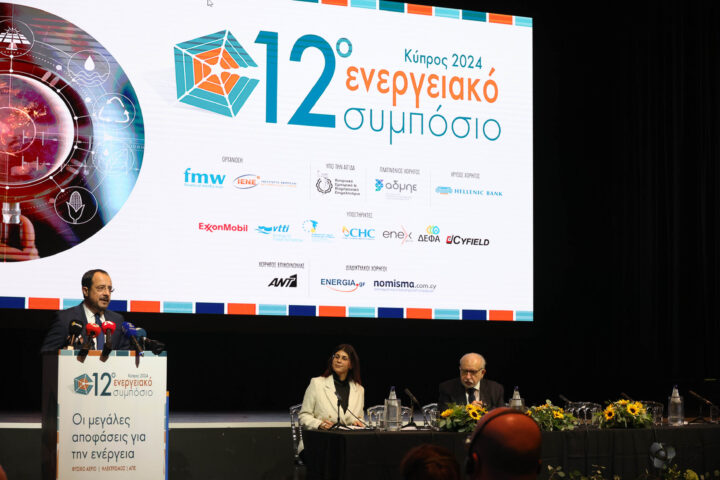Energy Minister George Papanastasiou is confident that a dispute with US energy giant Chevron over the commercial exploitation of Aphrodite’s untapped natural gas will end with a win-win agreement.
In comments to state radio CyBC on Monday, Papanastasiou confirmed the government has responded to a request from international energy companies led by Chevron for an extension in talks over a modified development plan for its Aphrodite offshore gas field.
The deadline for negotiations expired on Sunday, with the negotiation period now extended by another two weeks.
Talks to bridge a rift over pared-back plans for the estimated 3.5 trillion cubic feet (tcf) field south-east of Cyprus went down to the wire, with Cypriot authorities responding to Chevron very late on Sunday, when negotiations were due to expire.
“We responded to a letter by the company seeking an extension, which we received last week.
“Until we receive an answer from the company, we see no value in making any statement,” Papanastasiou said.
Development of the field had been the subject of dispute after the consortium submitted a modified plan this year, which Cyprus considered went back on a 2019 field development plan agreed by all sides.
Chevron President Clay Neff (photo) was in Cyprus last week in a last-minute ditch to salvage the deal.
Last week, Papanastasiou said that the government insisted on “all parties honouring their signatures”.
He was referring to the initial plan submitted by Noble Energy, which included the construction of a Floating Production Unit (FPU) for natural gas production.
Cyprus’ objections to the consortium’s new plans stem from the argument that the FPU would allow for increased gas recovery, consequently maximising revenues.
“The absence of an FPU would endanger Cyprus’ revenues,” the minister had argued.
“Our projections were that gas would be available in the initial five years of production, but in the subsequent five years, when revenues for the Republic of Cyprus were expected to start flowing in, there would be no gas left,” explained Papanastasiou.
Meanwhile, the deadlock between the government and Chevron threatens to push Cyprus’ energy plans into unchartered water.
The Aphrodite gas field was discovered in 2011, 12 years ago, and declared commercially exploitable from 2014-2015.
Should the impasse persist following the two-week extension, the government could revoke the consortium’s exploration license.
The impasse prolongs the prospect of exploitation of Aphrodite gas, pushing back the island’s plans to see profits from its natural resources further down the line.
The Aphrodite gas field was scheduled for full development by 2026-2027.
Modifications
The modifications removed the FPU and cut the number of production wells to three from an initial five.
The initial plan had been prepared by Noble, an independent operator which Chevron acquired in October 2020, when estimated reserves were in the region of 4.5 tcf.
An updated assessment following a new appraisal well this year lowered the estimates to around 3.5 tcf.
Nicosia considers the FPU essential in extending the lifespan of the field, while Chevron, backed by the US administration, considers the modified plan will help get gas to the market faster and does not involve building costly large infrastructure.
Chevron is a partner in the field with Israel’s NewMed and Shell.
The overall objective of the project, which remains unchanged, is to connect Aphrodite via a subsea pipeline to Egypt, where the gas can be sold in the domestic market or liquefied and shipped to Europe, which has been largely cut off from Russian supplies.










